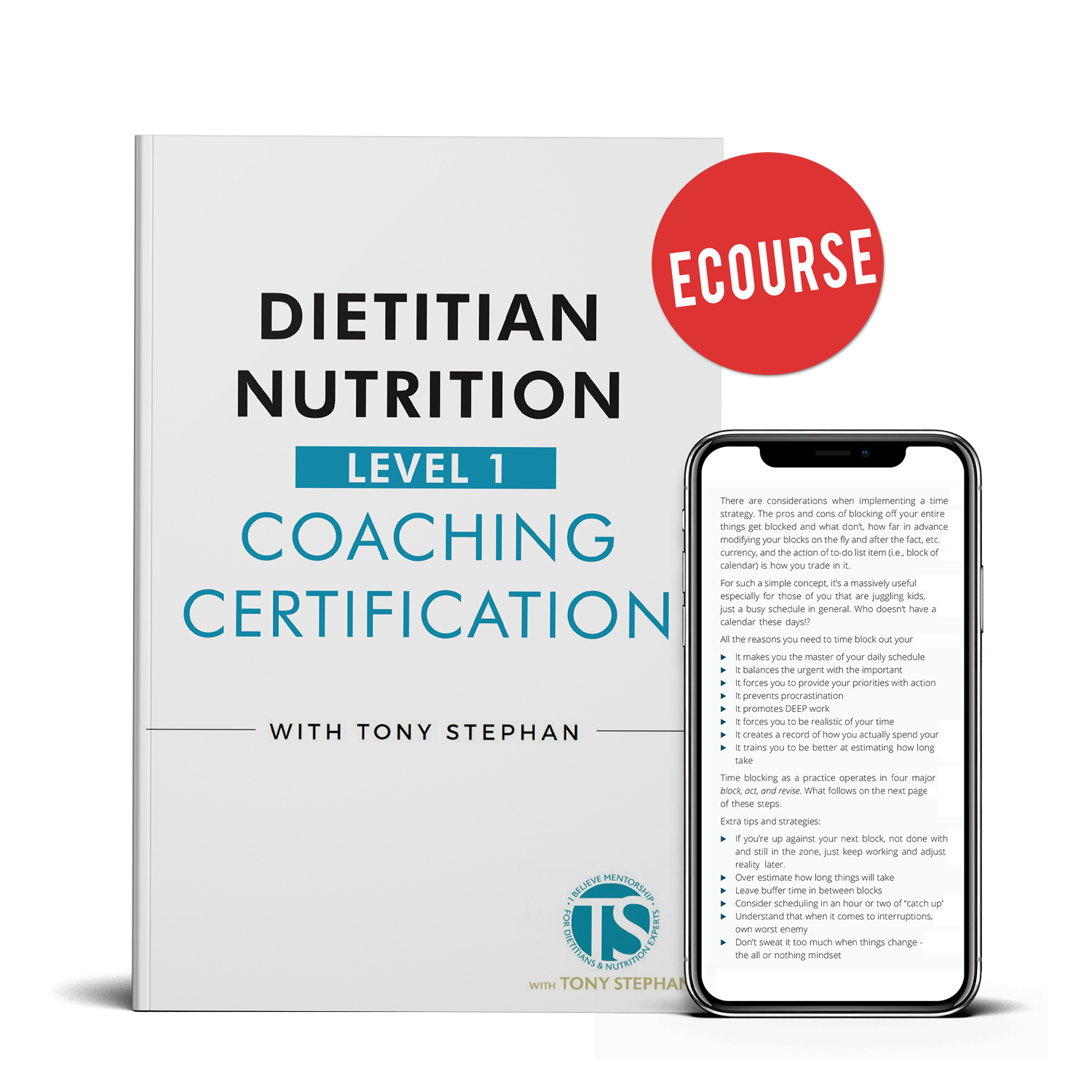
If you own a phone or have access to the internet, you’ve heard that the keto diet supposedly solves all problems. It can speed up fat loss, curb your appetite, enhance performance in the gym, and cures all health issues!
Sounds great right?! Probably TOO great. And when something sounds too good to be true, it usually is.
From movie stars like Jersey Shore’s Vinny Guadagnino, aka the “Keto Guido,” to Instagram influencers, continuing all the way to platforms such as TikTok- this diet is EVERYWHERE.
I swear, the quarantine snack rave has been bell peppers and cream cheese with Trader Joe’s Everything But The Bagel Seasoning. And why has this snack been trending all over social media? Because it’s keto and since one person promoted this diet, the rest follow suit. “Since influencer Kayla said keto will SHRED the pounds and leave you with a six-pack in no time. She must be telling the truth and I have to take her advice, right?! It worked for her, so I’ll work for me!”
Not quite.
Society has placed a label on the ketogenic diet as a health standard for many, but the problem lies with the public not being formally educated on what the diet ACTUALLY looks like.
What exactly is the ketogenic diet? How does it work? And is it just another fad diet?
It is our job as dietitian nutrition coaches to EDUCATE and INFORM our clients to bring long-term, sustainable results. this is exactly what our students learn in the Dietitian Nutrition Coaching Certification. Once clients KNOW what the diet looks like, then they can make the decision for themselves as to whether or not they think it’s for them.
So, without further adieu, what the heck is the ketogenic diet?
The ketogenic diet
The ketogenic diet is high in fat, moderate in protein, and low in carbohydrates. When actually looking at one’s intake when following this diet, their intake should look similar to the following: ~20% protein, ~5% carbohydrates, ~75% fat.
If you notice, this diet is EXTREMELY low in carbohydrates. And when I say low, I mean LOW. If you’re actually following this diet properly, your carbohydrate intake should amount to around 10-50 grams per day. To give you a better example of what this ACTUALLY looks like, it’s around ½ cup pasta, 2 slices of bread, or a banana depending on the size. Now pick one from the previous list, and that’s all you get. For the entire day.
Many nutrient-rich foods include fruits, vegetables, and whole grains are reduced or just eliminated altogether. Keto dieters often don’t consume any bread, grains, beans, legumes, and most processed foods, because they all contain carbohydrates.
Fruits and vegetables are even limited because they contain “too many carbs!”
Isn’t this exactly the opposite of what you’ve been taught your entire life? Eat a variety of foods, get 5 servings of fruits and vegetables per day, and make your plate colorful?
Instead, many people turn to foods such as red meats, nuts, coconut milk/oil, bacon, egg yolks, cheese, butter, and avocado.
HOW does the keto diet work?
Next, it’s important to describe how the ketogenic diet works. Carbs are the main source of energy for our bodies. Our bodies utilize sugar in the form of glucose as a source of energy, which can be found in foods such as fruit, bread, or pasta. Without enough carbs for energy, the body ultimately breaks down fat into ketones. With the ketogenic diet, the body uses mostly ketones as an alternative source of energy
Surprisingly enough, this diet is actually a partial fast. This means the ketones provide an alternate source of energy which helps to maintain lean muscle mass. During a total fast, the body has absolutely no source of energy.
What are some of the risks of following the keto diet?
If you have a client that comes to you who is eager to try this diet because they are SO convinced that it will solve all of their problems, it is your responsibility as a healthy eating coach to properly inform them.
Some people that might not be best suitable for this diet include those with pancreatic disease, liver conditions, thyroid issues, gallbladder disease, or those with a current or past eating disorder.
There are also both short-term and long-term health risks of the keto diet. Short term health risks include flu-like symptoms, aka the “keto flu.” You could experience an upset stomach, headache, fatigue and dizzy spells, or even trouble sleeping. Reducing high-fiber vegetables, fruits and whole grains also can increase the risk of constipation.
Long-term health risks of the keto diet include kidney stones, liver disease, and deficiencies of vitamins and minerals. Intakes of vitamins A, C, K, and folate usually are low with the elimination/reduction of most fruits and vegetables. With that being said, science shows us that more research is needed to study the long-term health effects.
The high-fat nature of the keto diet is very controversial. A considerable amount of research has shown that diets high in saturated fat may increase the risk for heart disease and other chronic health problems. When following this diet, one often turns to foods that are higher in saturated fats because that’s what they are “allowed” to eat. Again, these are your red meats, bacon, oils and dairy products.
The bottom line
Like any other diet out there on the market, it’s so important when making a lifestyle change to ask yourself if it can be sustained long-term. If the answer is no, then the diet probably isn’t for you! Nutrition should be individualized and there is no single one-size-fits-all approach out there, so assessing whether or not you think you can implement changes LONG TERM will help you to evaluate which program is right for you! In the Dietitian Nutrition Coaching Certification, our students learn how to bring their clients long term success through sustainable online nutrition counseling.
Before beginning ANY nutrition protocol, you should always ask yourself the million dollar question: Can I do this for the rest of my life?
If you even have to hesitate in order to answer the question, the dietary protocol may not be for you.
The issue with this diet is that long-term, for most people it is not sustainable. Because this diet is so heavily promoted in today’s society through social media, people are lured into giving it a go because of the rapid fat loss claims and all of the amazing results that the media throw at us.
Does this diet produce rapid results for many? Yes, but what most people fail to realize is that while the program will definitely be a “quick fix,” the results are NOT sustainable. And if they are not sustainable, then really what’s the point? In a few months, you’ll be back at square one.
In the United States, we have a weight REGAIN problem- not a loss problem. If you actually take a look at statistics, the average American attempts weight loss FOUR times per year. Clearly, we can lose weight, but keeping it off FOR GOOD is the challenge at hand.
Let’s face it, in today’s world, living carb free isn’t sustainable, realistic, or even necessary.
Birthday cake, pizza, beer, wine, pasta, fruit, and Starbucks Pumpkin Spice lattes all have carbs my friend.
Can you see yourself NEVER having any of these foods again? If not, keto might not be the most sustainable approach for you.
Send me an email at tony@tonystephandietitian.com and let me know what content above resonated with you the most!
Want to learn more about the Dietitian Nutrition Coaching Certification? Click here:
Join our FREE Facebook community for RD’s here: https://www.facebook.com/groups/ibelievementorship/?epa=SEARCH_BOX
Want to learn more about our RD coaching program and receive FREE trainings? Go here: https://dietitianbusinesscoaching.com
Be sure to check out our Youtube channel here:
https://www.youtube.com/channel/UCEGcSWAX_EKKquYUP564l1w?view_as=subscriber
Be sure to check out The School of Success podcast. New episodes are released every Thursday: https://podcasts.apple.com/us/podcast/school-of-success-with-tony-stephan/id1363241648
Connect with Tony on IG here: https://www.instagram.com/tony_stephan_/
Questions? Email me your thoughts at:





